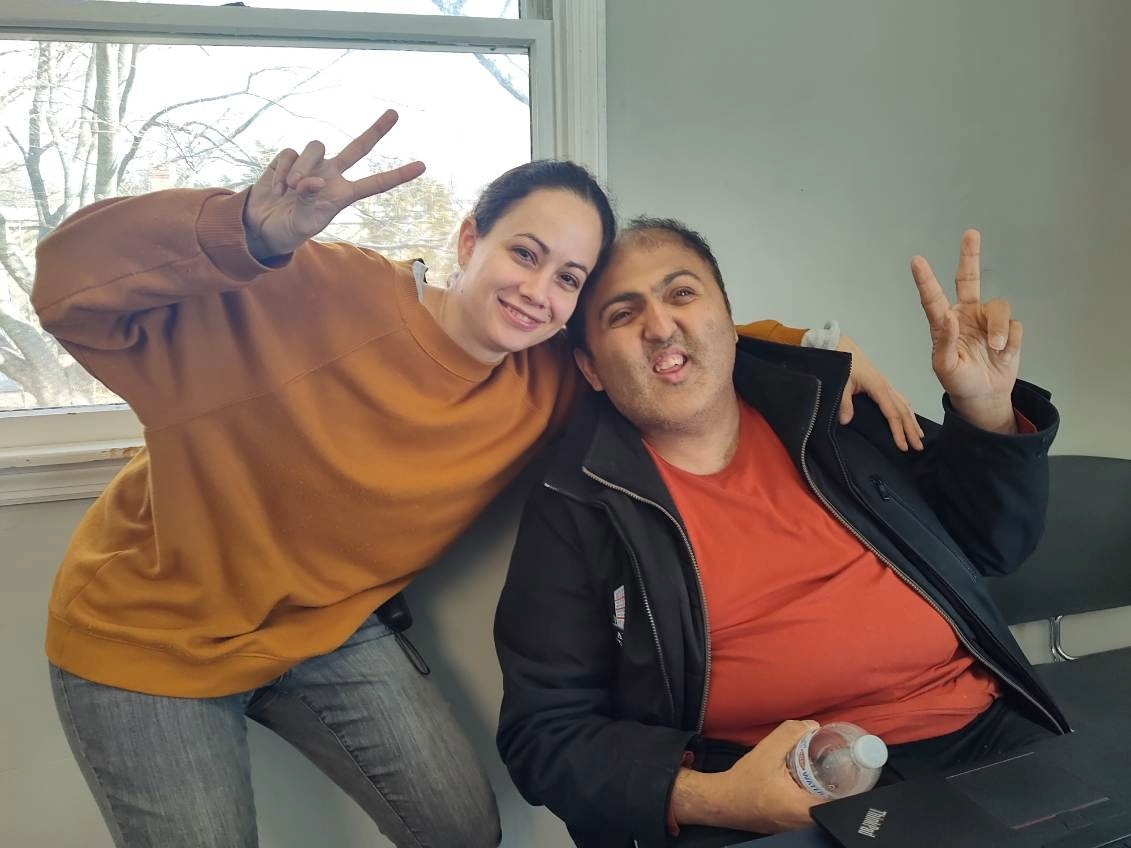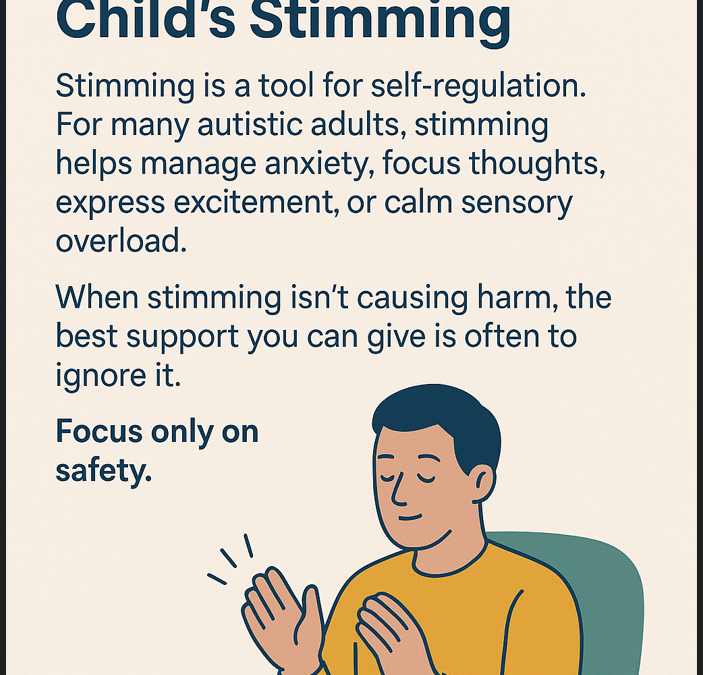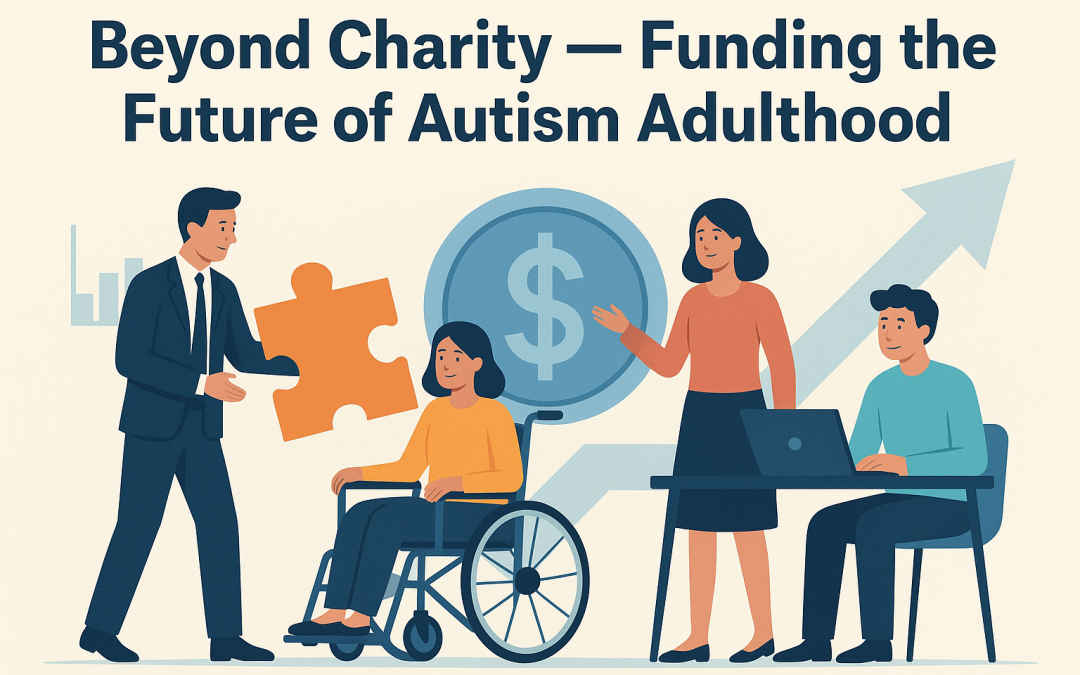As a parent navigating residential supports in New Jersey, the safety of your child depends most on the people caring for them. Recent reporting by NorthJersey.com found nearly 50 deaths since 2013 of vulnerable adults in New Jersey group homes that raised serious questions about care and supervision. NorthJersey.com+1
Many of the homes serving individuals with autism struggled with insufficient staffing, inadequate training, and lack of basic care. Some residents were found to have died alone, or without timely medical intervention. NorthJersey.com+1
To protect your child, look at three key areas:
1. Staff incentives & stability. Ask: What is the turnover rate? Are direct support professionals paid well, trained regularly, and supported with career pathways? When staffing is unstable, continuity of care suffers, raising risk.
2. Core values in hiring & culture. Inquire how providers screen for respect, autonomy, and safety during hiring. Are staff coached in person-centered planning, positive behavior supports, and trauma-informed care? Values matter at every shift.
3. Robust oversight & transparency. In New Jersey, oversight falls short. Investigations into deaths often take months and corrective actions are rarely public. NJ.gov+1 Ask for accreditation (e.g., CARF International), independent audits, unannounced visits, and family-accessible incident logs.
If a provider can’t answer your questions clearly, or resists giving written policies, treat it as a red flag.
Your child deserves more than “just enough” care. They deserve an environment grounded in dignity, stability, and accountability. You as a parent are the strongest advocate they have. Use your voice, inspect the systems, and insist on the safest match possible.
Learn more about AutismSmart Housing here.




